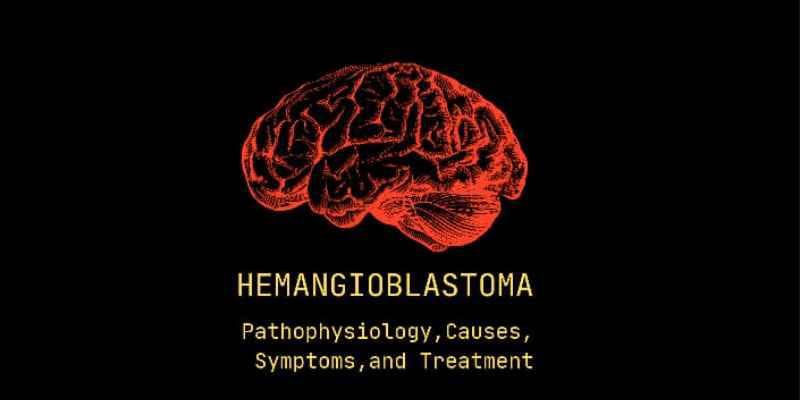Advertisement
Many times, hypnosis raises questions and intrigue. Many people know of it, but many are unsure of its meaning. A person in hypnosis has extremely focused attention. They become more receptive to recommendations and adjustments in viewpoint in this condition. Many people connect hypnosis with weird techniques or entertaining presentations. It is also quite an effective therapeutic tool, though.
Nowadays, hypnosis is used in self-improvement, psychology, and medicine. It can assist with the physical, emotional, and psychological aspects of wellness. This article explains what hypnosis is, why it is done, its advantages, and much more. The truth about hypnosis will be clear outside of entertainment and mythologies. Let us carefully investigate this interesting topic step by step.

Under hypnosis, a person concentrates especially on a given concept or idea. In this stage, their awareness sharpens, and they are often more receptive to advice. This candor lets one evolve in ideas, emotions, and actions. Unlike popular wisdom, hypnosis does not imply loss of control or unconsciousness. Rather, it is a condition of great relaxation and improved concentration. Usually guiding the person into this peaceful state, a skilled hypnotherapist is present during hypnosis.
The hypnotherapist uses visualizing and soothing words to enable the client to relax and focus. In this condition, the subconscious mind opens itself more so that ideas for personal development, behavior modification, and healing may find expression. Therapeutic environments frequently include hypnosis to help with problems, including breaking habits, lowering anxiety, controlling persistent pain, and enhancing sleep. It is invaluable for mental, emotional, and physical wellness and deeper, subconscious-level beneficial changes.
People go into hypnosis for varied purposes. These are the primary uses.

Hypnosis guides people into a state of intense relaxation and targeted concentration. In this condition, the conscious mind gives way, and the subconscious mind opens more to ideas and becomes more active.
Hypnosis has many advantages in therapy and personal development.
There are various ways you may start your hypnosis experiment. See a qualified hypnotherapist to help you through a professional session catered to your goals. Hypnotherapists assist clients in addressing problems, including stress, habits, or persistent discomfort, using tried-and-true methods. Self-hypnosis is something you may do on your own using methods.
It usually calls for positive affirmations, visualization drills, and deep breathing. Starting self-hypnosis routines found in many books, apps, and guided recordings will help you. There are also films and internet materials offering directions for self-hypnosis sessions. The secret is to be open and ready to follow the procedure, no matter the approach. Using hypnosis under direction and practice will help you significantly improve your mental, emotional, and physical condition.
Hypnosis is a useful instrument with advantages outside of entertainment. It addresses problems, including pain, stress, and habits, thereby providing a useful approach to therapy, personal growth, and well-being. Whether directed by a hypnotherapist or by self-hypnosis, it exposes the subconscious mind to development and transformation. Hypnosis aids in pain management, tension release, confidence building, and concentration improvement. Knowing the actual nature of hypnosis enables people to maximize its possibilities for mental, emotional, and physical health, so transforming this flexible and powerful instrument.
Advertisement

By Triston Martin/Dec 28, 2024

By Georgia Vincent/Nov 21, 2024

By Tessa Rodriguez/Mar 01, 2025

By Noa Ensign/Jan 13, 2025

By Juliana Daniel/Mar 01, 2025

By Isabella Moss/Mar 18, 2025

By Elena Davis/Mar 16, 2025

By Celia Shatzman/Dec 06, 2024

By Korin Kashtan/Nov 13, 2024

By Susan Kelly/Dec 28, 2024

By Georgia Vincent/Dec 28, 2024

By Maurice Oliver/Nov 14, 2024